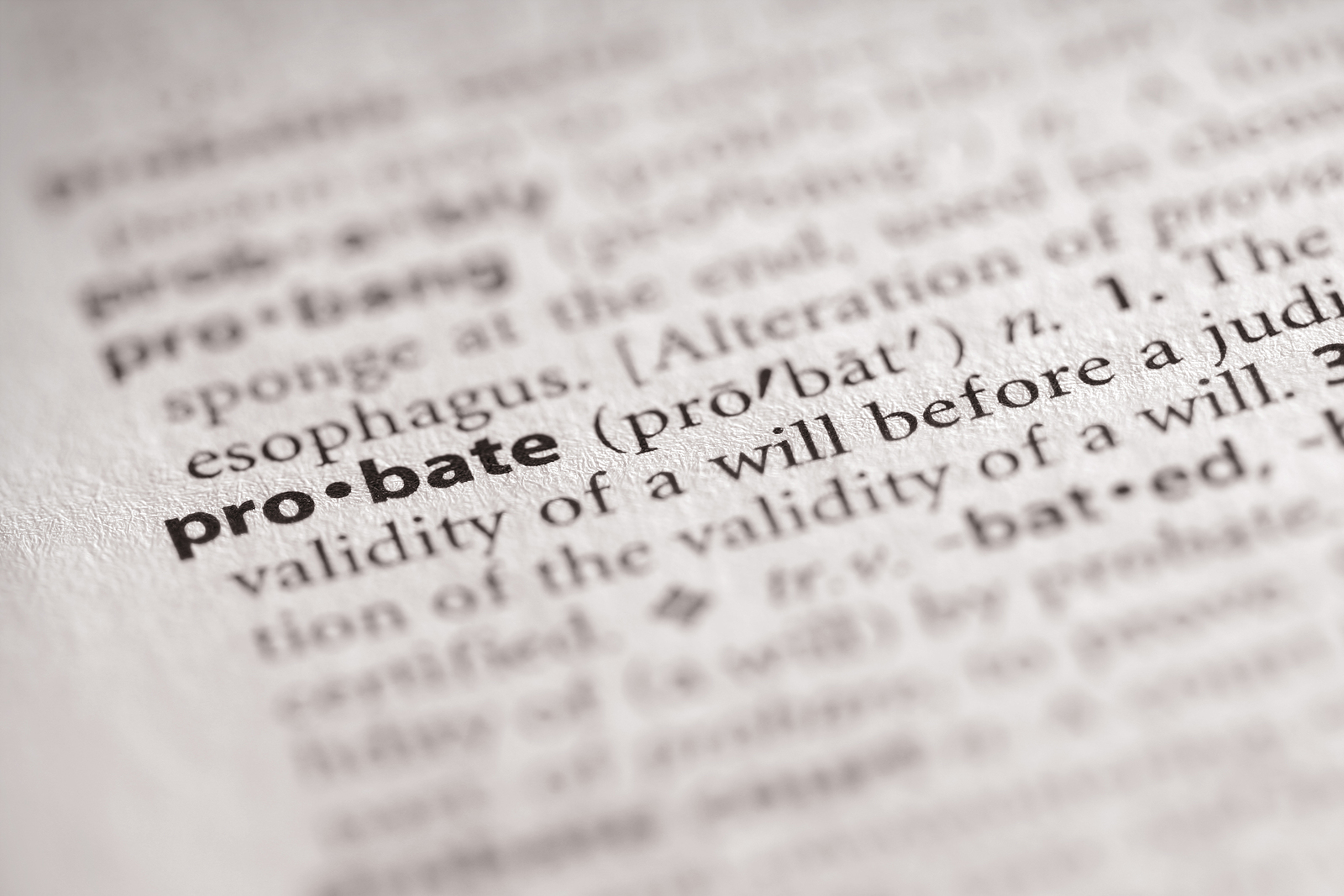The time immediately following the death of a relative or loved can be extraordinarily difficult.
To make matters worse, there is often a gauntlet of affairs that need to be taken care of, preferably in short order.
During times like these, it is important to have a proper understanding of Georgia probate laws. Here you will learn what probate is, where to find good probate attorneys, and how to generally navigate the probate process.
But first, what is probate, and why is it so important to estates and wills?
What Is Probate?
In its simplest form, probate is the way an estate gets divided up and is settled and facilitated by the courts.
Normally, a relative of the deceased such as a spouse, sibling, or child gets appointed by the court to be the administrator in the event the deceased did not leave a will.
If the deceased did leave a will, it typically designates who will be the executor. The executor can pay bills and taxes on the decedent’s behalf, and ultimately is the one who will distribute assets from the estate.
While there are many routes to take depending on whether there is a will and the type of estates attached to it, the following is a general guide on the Georgia probate process.
The process is simple enough in concept, but it is a wise decision to seek competent legal advice, or you may end up making mistakes with dire ramifications.
Georgia Probate Laws – Navigating Probate
The first thing to do is to locate any and all copies of the decedent’s will. Whichever will was the last one created shall be the one filed.
Georgia law requires that the will gets filed in the county where the decedent died.
Next, you must be certain that the decedent’s signature and the signature of two witnesses are valid. Georgia law requires that the will must get signed by the testator, or at least at the direction of the testator.
After concluding that the will is valid under Georgia law, you must then determine if the will named an executor. If the executor is named, they must be found, and they are the ones who must submit a probate petition with the court.
Georgia law dictates that the decedent’s heirs are entitled to get notified when a petition for probate is going to be filed. Who qualifies as an heir is defined via Georgia statutes. You must locate the heirs of the decedent and give them notice of the probate petition.
From there, an inventory of the estate’s assets will have to be filed, and creditors and taxes must be paid. Once that is completed you have to file a Petition to Discharge before the courts will distribute the estate’s property to the beneficiaries.
Seek Legal Assistance
While certain legal functions can be performed by non-lawyers, probate and estates are a densely complicated realm of the legal profession, and it is highly advised that you seek assistance when probating a will in Georgia.
Having the assistance of an experienced probate attorney may save you valuable time and a whole load of trouble in the end.
Contact Brian M. Douglas & Associates Today!
Need an attorney that will help you navigate the probate process? Look no further than Brian M. Douglas & Associates.
Respected and known to be an authority on Georgia probate laws, Brian Douglas and his team will guide you through every step of the GA probate process.
Give Brian M. Douglas & Associates a call at
(770) 933-9009
to set up a consultation today!


